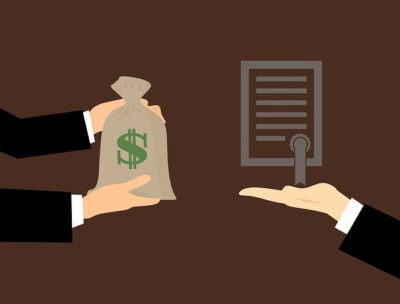In the 1950s, fewer than 5% of workers needed a license to do their job compared to about a 30% of workers today. In fact, there are over 1,000 different licensed professions in the U.S. today. The continued expansion of license requirements has resulted in several pending bills in different states that aim to require licenses for services ranging from hair blow drying to microblading. Here’s a look at the licensing debate and a summary of different bills that could effect your salon or spa in the coming months.
License Requirements In Beauty & Wellness
The most compelling argument for requiring a license to perform salon or spa services is public safety. According to Myra Irizarry of the Professional Beauty Association, the chemicals and electronics used in modern salons can be dangerous in the hands of someone who doesn’t know how to use them. The American Massage Therapy Association agrees, arguing that requiring a massage therapy license protects the public through the establishment of high standards for entry into the profession. Although this is a strong argument for some beauty and wellness services, it becomes less compelling as you look at simpler tasks like hair washing, blow-drying, and hair braiding.
Licensing requirements not only protect the public, they also make it harder for new people to enter a field, limiting competition and allowing businesses to raise their prices and increase their profits. For this reason, professional organizations are usually the ones lobbying lawmakers to regulate their industry in order to put up more barriers to entry to protect their business interests (although some argue that licenses are not a barrier to entry, but rather a means of economic empowerment for the people who earn them).
Although licensing continues to expand, a wide range of activists and economists are pushing to loosen rules or limit which services should require licensure. Even the White House under President Obama argued that the expansion of such occupational licenses created a substantial drag on the economy by making it harder for people to start their own businesses, while usually adding little public benefit. However, efforts to abolish license requirements are not likely to succeed given the power of professional associations and their lobbyists.
No matter what your position is on beauty and wellness license requirements, its important to be aware of this evolving issue and how it may impact your business!
New Licensing Bills To Watch
Blow Drying Several years ago, the blow dry bar exploded on the scene and has since attracted the eyes of salon professionals and lawmakers alike. Governors from Kentucky and Virginia recently signed bills that address blow drying services performed in their respective states. While the Kentucky measure established a stand-alone blow drying service license, Virginia’s bill provides for unlicensed individuals to perform such services.
Microblading More relevant to public safety than blow drying, microblading is a form of tattoo artistry where pigment is implanted under your skin with a manual handheld tool instead of a machine. Georgia’s Senate recently passed a bill defining microblading of the eyebrow as tattooing, requiring microblading technicians to obtain a tattoo license before providing services.
Makeup Application In a move to loosen regulation, Georgia’s Senate also passed a bill allowing unlicensed individuals to perform make up application during “the production of film, television, or musical entertainment” or to “the application of cosmetics in a retail environment.”
Shampooing & Styling California is also looking to remove certain salon services from licensure with the passage of SB999. The latest version of the bill would remove the practices of shampooing, arranging, dressing, curling and waving hair from the licensed practices of barbering and cosmetology.
You can track these and other significant beauty and wellness laws by clicking HERE.


